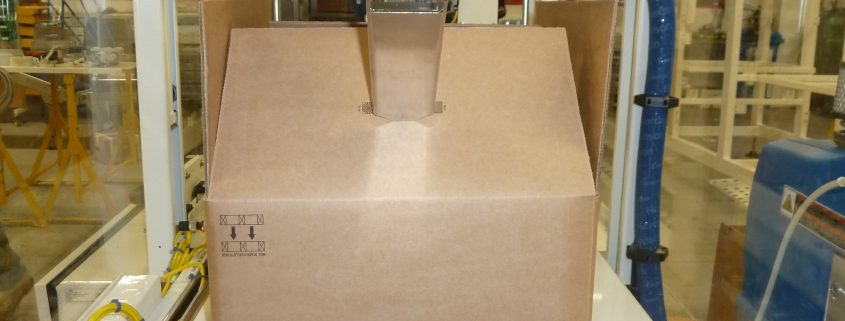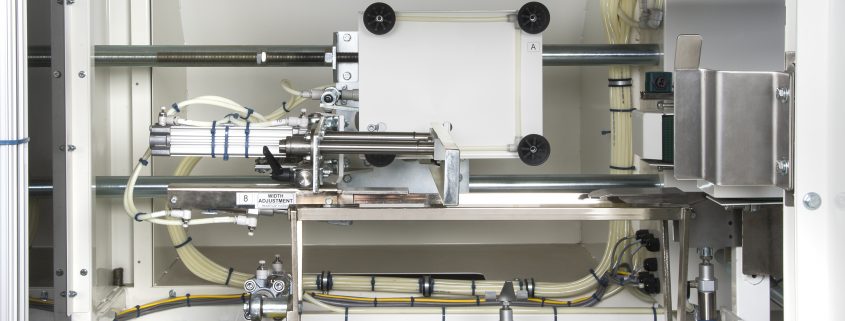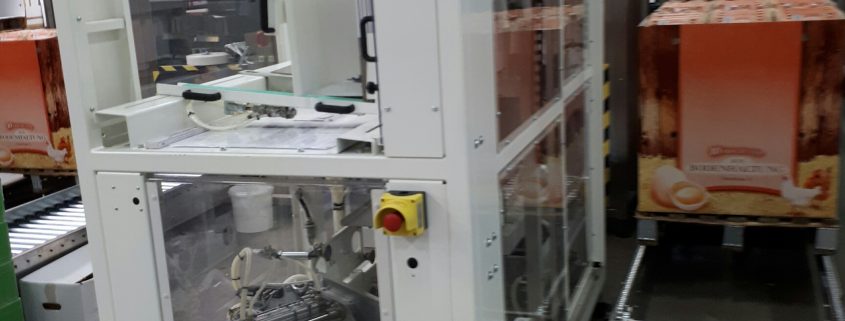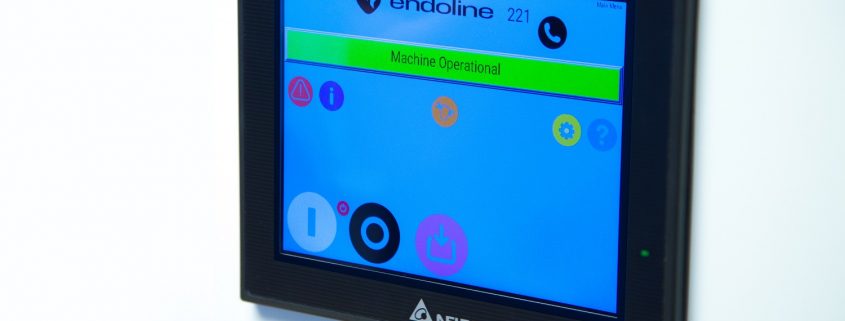PPMA SHOW 2018 – Endoline re-engineers flagship random sealer to meet manufacturer case challenges
In response to manufacturer calls for flexible, future proof, end-of-line machinery, Endoline will unveil, at the forthcoming PPMA Show (Stand C52), its re-engineered 704 Fully Automatic Random Case Sealer, which can now manage an unprecedented range of case styles and sizes, meeting all current health and safety regulations.
Since its creation in the early 90’s, the 704 Fully Automatic Random Case Sealer has become a flagship system amongst Endoline’s range of end-of-line machines. In situ within food factories globally for almost 30 years, the machine is testament to Endoline’s ability to build high quality, long lasting, systems.
However, following unprecedented demand for random case sealers to manage a greater variety of case materials and sizes, Endoline has re-engineered the 704 to meet exact specifications.
Through technical enhancements Endoline have expanded the case size range by almost 60% at its greatest increase, without compromising on speed.
In addition to a greater range of case sizes, manufacturers are now packing with a wider variety of case materials to suit retail specifications, from poorly scored, lightweight cases, to heavy, twin wall cases.
To meet this challenge, Endoline have integrated a dual action hook into the re-engineered 704 to provide greater control, ensuring that the inner flaps of the case are effectively pushed into place before sealing, which overcomes tearing or the risk of the case opening at a later stage. For lighter weight cases, which are susceptible to tearing or crushing when running through a system at speed, the 704 now features side bars and a fully driven infeed with blade stop. This is automatically activated after a case passes the barcode reader to police the throughput of cases, ensuring there is a suitable gap between each, and safeguarding the consistent flow of cases into the machine.
The new infeed control also allows for greater speed control of the 704, which can now typically seal up to 14 random sized cases per minute.
“Manufacturers are increasingly pushing to automate their end-of-line production facilities, and they are facing mounting pressure from retailers to pack products into different packaging formats, and styles, to keep up with specific customer demands.” Comments Andrew Yates, Sales Director at Endoline Machinery. “Consequently, we have witnessed greater demand for systems which offer flexibility, as companies look to future proof their automation investment. To this end, random, high speed, end-of-line systems have become more sought after, and we have engineered our successful 704 to meet all of these current, high standards.”
Integrated with Endoline’s new Industry 4.0 compatible, icon based, HMI interface, the 704 is built to a smaller footprint than previous models, maximising factory floor space and features additional safety equipment to meet all current health and safety standards.
To view the 704 Fully Automatic Random Case Sealer, and other machines from Endoline’s system range, visit Stand C52 at the forthcoming PPMA Show.








